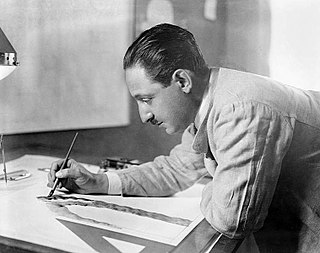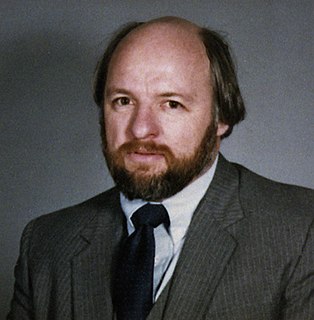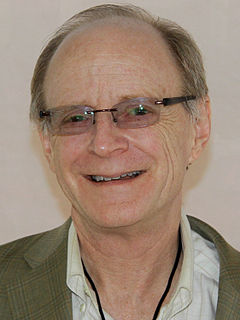A Quote by Rick Perlstein
I'm a historian. The act of predicting the future discomfits me, in any event - and the bigger the prediction, the more distrusting I am.
Quote Topics
Related Quotes
What differentiates human from lower-animal consciousness is time. You can't explain the concept of "tomorrow" to your dog. Our consciousness is dominated by time - We're constantly running simulations of the future. Our brain is a prediction machine. The hallmark of intelligence, indeed of genius, is the number and complexity of the feedback loops we use in predicting the future.
I am a lay historian by nature. I seek out an empirical reflection of what truth is. I sort of want dates and motivations and I want the whole story. But I've always felt, unconsciously, that all human history is that connection from person to person to person, event to event to event, and from idea to idea.
Paradox is an overrated threat. There is...a quality similar to inertia at work. Once an event has occurred, there is an extremely strong tendency for that event to occur. The larger, more significant, or more energetic the event, the more it tends to remain as it originally happened, despite any interference." I frowned. "There's...a law of conservation of history?








































